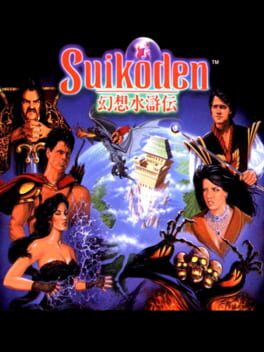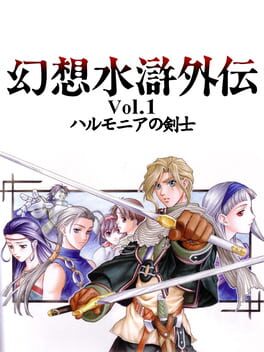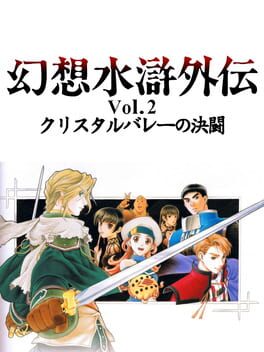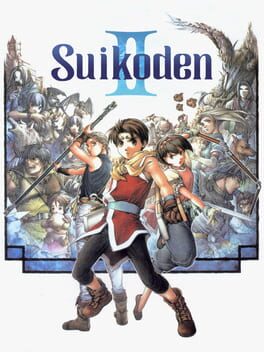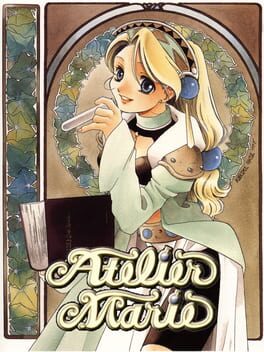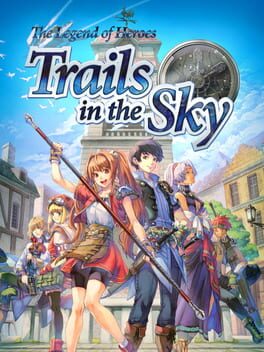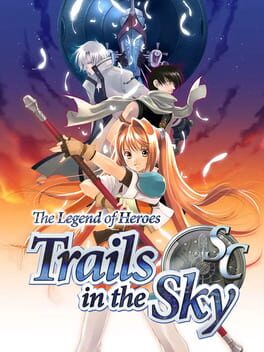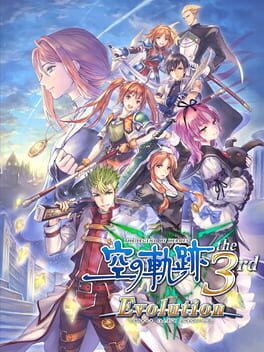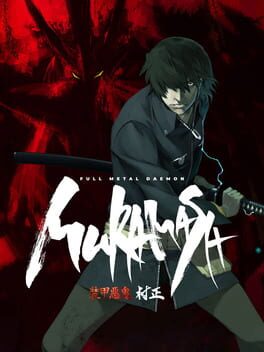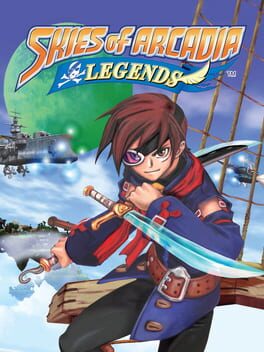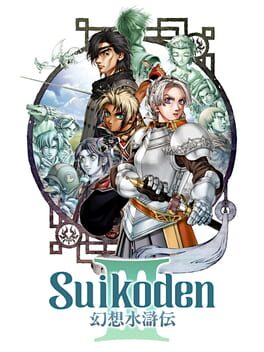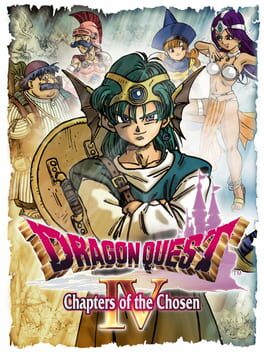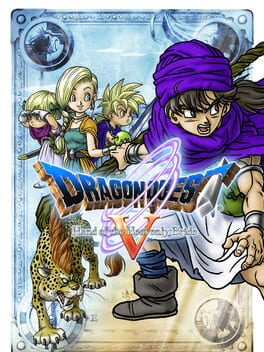falsenine
1998
Unfortunately it really isn't good. It lacks narrative clarity and tends to try and make up for that by making allusions to certain philosophical concepts, but the result of this crutch is a final product that's unsatisfying and puddle-deep. Gameplay ranges from alright to disastrous and there are around 3 or 4 dungeons in this game that are among the worst in any RPG, to say nothing of the heavily-hamstrung Disc 2.
1995
A game that's above all else, a premise to Murayama's Suikoden series, yet sadly doesn't do as much to draw people in as its sequel. It's a neat proof of concept that's fun on a basic level, but it tends to lack depth outside of its novel "108 heroes" mechanic. Also a FANTASTIC showcase of why not to write a silent protagonist.
The conclusion of Nash's story in Suikogaiden is a lot more compelling than the first, and begins to set the stage for Suikoden 3 as it properly introduces the intriguing Holy Kingdom of Harmonia and the many systems that make it up. It's a short game with a pretty straight shot for a plot, but it really solidified Nash as a top-tier character in a series with so many of them.
1998
Played 1+2 but separating them since they're two games.
It's actually a cute proof of concept and takes a certain amount of bravery to make something like this in an age of very by-the-books RPGs. Marlone is a lovable protagonist and everything in the game is straightforward. I feel some of its beauty is in its simplicity, which has been lost in later Atelier games.
It's actually a cute proof of concept and takes a certain amount of bravery to make something like this in an age of very by-the-books RPGs. Marlone is a lovable protagonist and everything in the game is straightforward. I feel some of its beauty is in its simplicity, which has been lost in later Atelier games.
1999
Really, it's a bit overhated. It's a game that shot for the moon and missed, yet managed to land among the stars. Could have been something greater, maybe even one of the great-est, but what we got is still enjoyable. Squall+Rinoa are great but at the same time take up way too much of the narrative. Could really use a revisit.
The best JRPG ever. It's something spawned out of wish fulfillment that feels like we honestly shouldn't have it in our hands. it's a game that can only exist as a culmination of everything before it, the swan song of the JRPG Golden Age of the 1990s and early 00s. A work created out of pure passion by a struggling company that had fallen behind the times and was developing for a dying platform. Even with the first 4 chapters of the game being slow-paced and full of retreading environments from FC, it is still the best JRPG, and one of the best video games ever made. Everything introduced in FC is resolved in SC in the most impactful, poignant way possible. It's a work of pure passion, created by RPG fanatics themselves and no doubt something that would spawn new ones, even in the west where it is being praised en masse decades after its original release. Game of the year all years.
Features some of the best character writing in not only the Sky trilogy but the entire Kiseki series and ties up all the loose ends from the first 2 games while serving as a victory lap for the Liberl arc's amazing cast. Sadly it's held back pretty massively by the fact that it's a completely linear game in terms of both progression and its narrative, the latter of which is just mostly a long form version of Kevin's character arc. A good game but sadly it's not the proper RPG it deserved to be.
The legendary VN that took a decade and some change to make it to gaijin hands. Strong world-building and many likable characters but sadly it's a bit of a juvenile edgefest at its worst and lacks a properly structured narrative or even antagonists that scratch the surface of being remotely decent. The themes of Muramasa, while compelling, dominate the entire work to the point where it not only shoves them down the player's throat rather than relying on nuance, but also to where it has little else to stand on, aside from them. It could have been something great, but the execution just wasn't there.
2002
It is no coincidence that Hugo, Chris and Geddoe, the first speaking protagonists of the series (Nash in Suikogaiden aside) are among the best characters in all of Suikoden. The game nicely crafts a narrative that spans both time and culture, where the viewpoints of a backwater village's people hold the same weight as those from a more advanced civilization. Ultimately, Suikoden 3 tends to fall flat as it gets into the later parts of its narrative and isn't able to hit the same levels of suspense as the Jowston-Highland War of Suikoden II. Perhaps this series can be too conservative for its own good.

